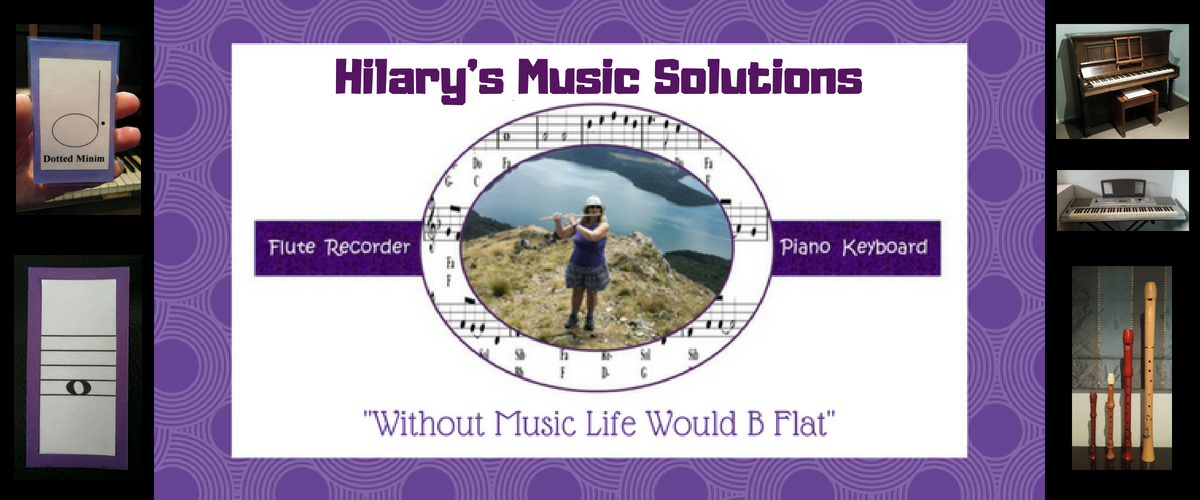Wolfgang Amadeus Mozart was a famous Austrian composer, keyboard player, violinist, violist and conductor born in Salzburg 1756 and died in Vienna 1791.
He showed exceptional skill at playing the Klavier ( general term for a keyboard type instrument – piano, harpsichord, klavichord ) from the age of 3 and composing from the age of 5.
Mozart was a genius. His music combined both Austrian and German elements and he changed the course of the symphony, the piano concerto, the string quartet, the sonata and much more.
He composed operas, ballet music, symphonies, range of orchestral music, concertos, church music, songs, string trios, quartets and quintets, a range of other quartets and quintets for different instruments, piano and trios, chamber music, sonatas, a range of piano and organ music.
As I am learning a piano sonata, I will go over what a sonata is.
A sonata is an instrumental composition for piano or for other instruments with piano accompaniment, in several movements. So it is usually reserved for works involving no more than two players eg violin and piano, clarinet and piano or just piano. It originated in the 16th century and remains one of the most important forms for one or two instruments.
The sonata developed over the years with varying number of movements. The greatest development of the sonata came in the time of Haydn, Mozart, Beethoven with the Vienesse Classical Sonata usually in 3 movements. Haydn and Mozart sonatas followed a pattern of the first movement being Allegro ( fast ), Andante ( slower ) second movement being Andante ( slower at a walking pace) and the third movemnet being Allegro ( fast ). It is interesting to note that a symphony is a sonata for orchestra, a string quartet is a sonata for 4 instruments.
Most sonatas are written in sonata form or a variation of it.
Sonata form is commonly used in the first movement of a sonata hence it is sometimes called first movement form. The piece of music contains 3 sections – exposition, development, recapitulation in which two themes or subjects are explored according to set key relationships.
The piece I am learning is the first movement of the Mozart Piano Sonata No. 1 in C major. It was composed in 1777. Listen to it Here.
You can grab a copy of this sonata Here.
Or a copy of all 19 Mozart Piano Sonatas Here.


No comments:
Post a Comment